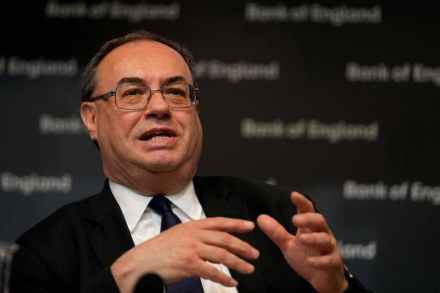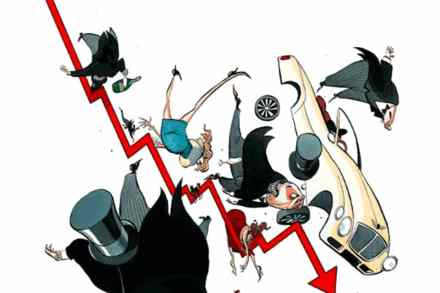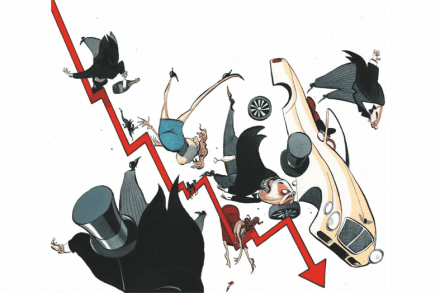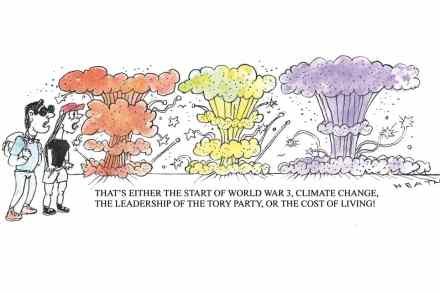Portrait of the week: Boris locked out, mortgage misery and Titanic submarine search
Home Boris Johnson, the former prime minister, was ritually buried by the House of Commons voting by 354 to seven to approve the Privileges Committee report that found he had lied to parliament about observing coronavirus regulations. He would have been suspended for 90 days had he not left parliament; as it was, his pass to enter the Houses of Parliament was withdrawn. Rishi Sunak, the Prime Minister, having remembered an important long-standing engagement, was among 225 MPs who were absent or abstained. David Warburton, an MP who sat as a Conservative until last year, said he was leaving the House. In the King’s birthday honours, Sir John Bell, Ian




















